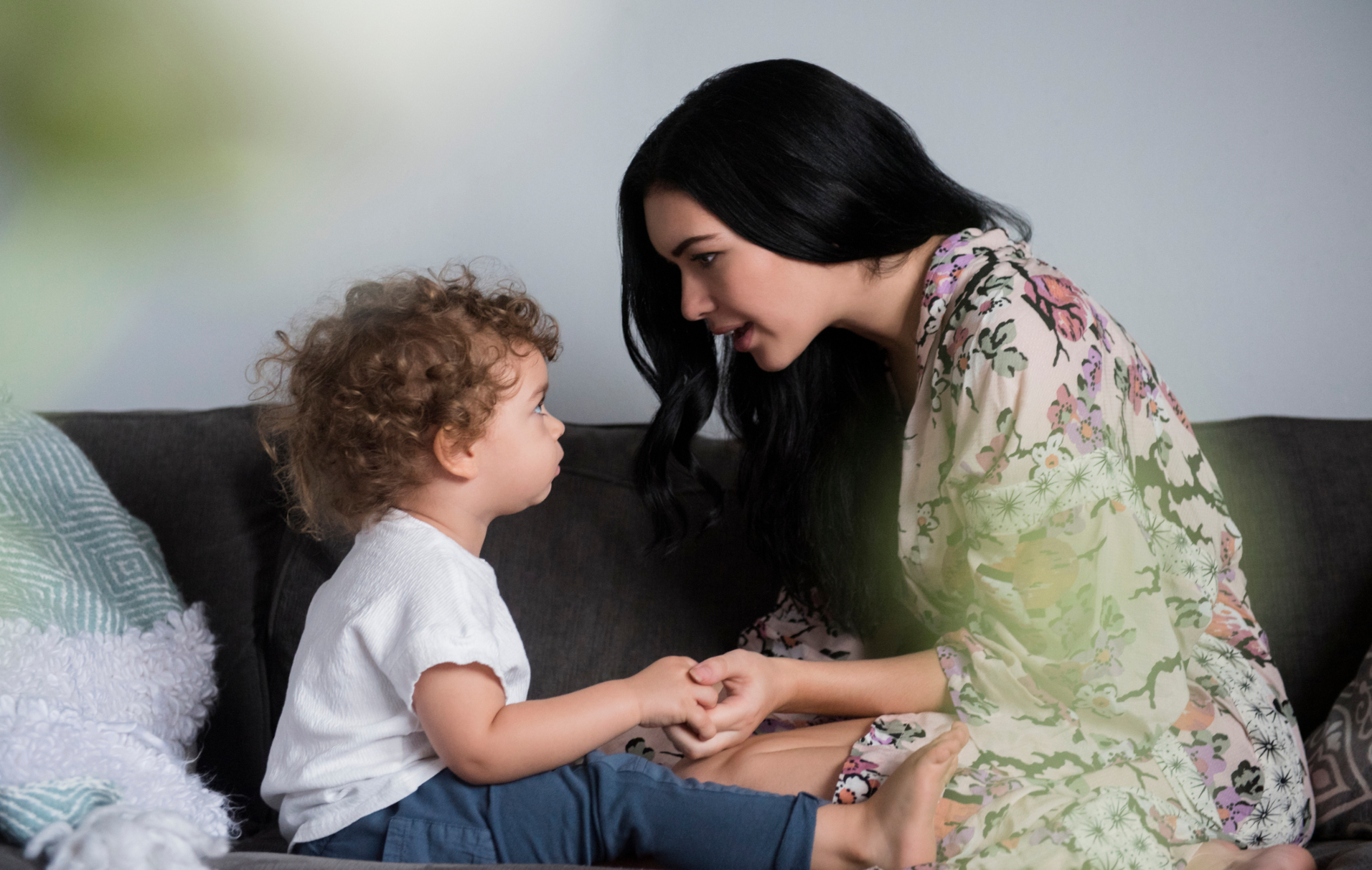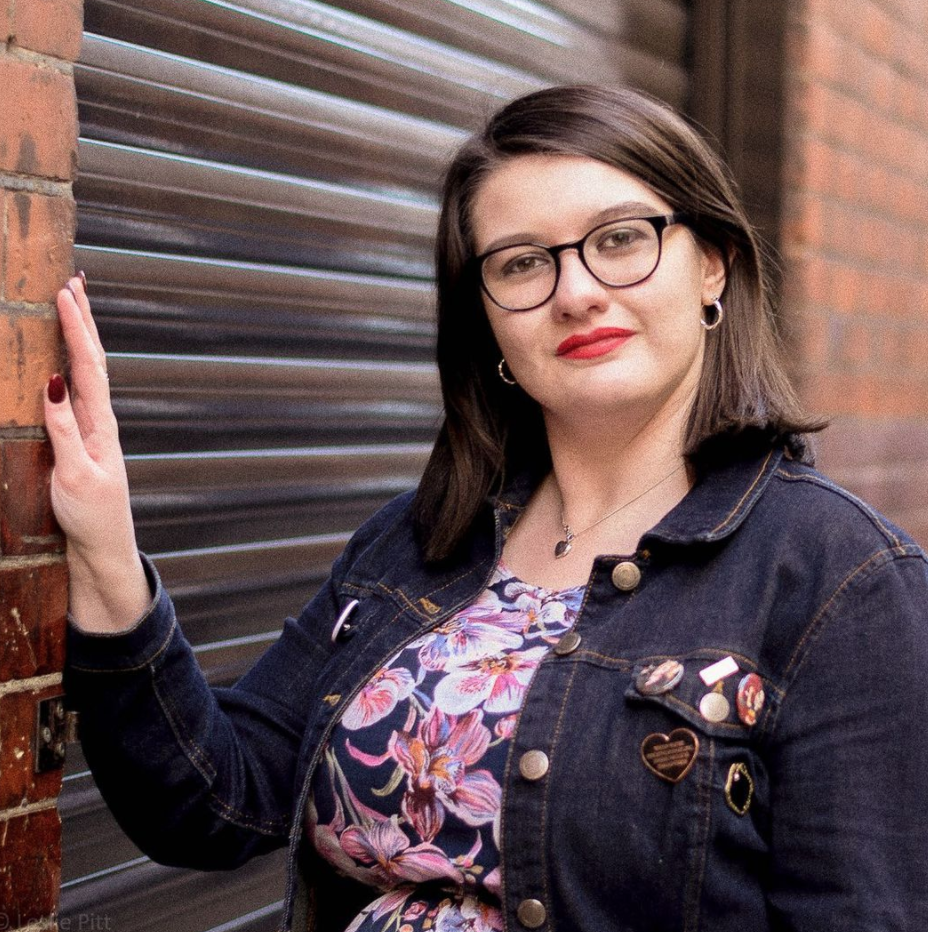The five phrases you should never say to your children, according to a therapist


Psychotherapist Amy Morin has shared some advice for parents, helping them to become more ‘mentally strong’ in their methods.
She has written three books on the topic, with her newest one called ’13 Things Mentally Strong Parents Don’t Do’. It does exactly what it says on the tin, basically.
Her book wants to teach parents to become mental strength coaches through specific strategies, case studies, tips, and exercises that can all be done at home.
Amy shared an Instagram post revealing five things she thinks parents should stop telling their children, if they want them to be resilient later in life.
‘The words you use make a big difference. If you're not careful, you might send a message that instils unhealthy habits’, Amy explains.
Here are the phrases Amy says you shouldn’t use, and her reasons why:
'It’s no big deal.'
In her Instagram caption, Amy writes: ‘Whether your child says she's anxious about her recital or she's concerned her friend is mad at her, don't minimize her emotions.
Parenting advice, hot topics, best buys and family finance tips delivered straight to your inbox.
‘Rather than insist she shouldn't be concerned, give her the skills she needs to cope with her distress. ’
'Stop crying.'
Amy writes: ‘One of the reasons so many adults likely apologize when they shed a tear is because they were taught crying is bad. Crying is a healthy way to express emotions.
‘Of course, if your child is screaming and rolling around in the middle of the grocery store, address it. Just make sure you correct your child's behaviour, but not the emotion. ’
Read more: Therapeutic parenting: The benefits of therapeutic parenting and how to try it yourself

'You're the smartest kid in the whole school.'
Amy writes: ‘Make praise genuine. And focus on the effort more than the achievement.
‘Don’t just praise your child when she excels either. It could cause her to back off from trying anything where she might fail. ’
Everything will work out fine.'
Amy writes: ‘It's normal to want to reassure your kids that everything is always going to be OK. But you can't prevent them from encountering hardships--or even tragedies.
‘Instead of telling them that nothing bad will happen, give them the coping skills and tools they need to handle life's inevitable challenges. ’
Read more: Tiger parenting: what are tiger parents and am I one?
'Calm down.'
Amy writes ‘Saying, "calm down," never helps anyone feel calm. ’
‘Proactively teach skills to de-escalate himself. Then remind him of those skills so he can calm his mind and his body. ’
Are you guilty of saying any of these phrases to your children? Do you agree with Amy’s comments? Head to our Facebook page and let us know your thoughts!

Lucy Buglass is a Digital Writer for What's on TV, Goodto.com, and Woman&Home. After finishing her degree in Film Studies at Oxford Brookes University she moved to London to begin her career. She's passionate about entertainment and spends most of her free time watching Netflix series, BBC dramas, or going to the cinema to catch the latest film releases.